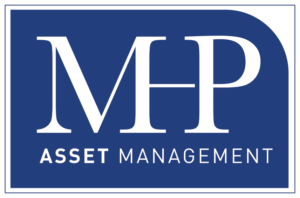Research and studies regarding 401(k) plans and their participation or lack thereof is a topic year after year. But reading some material from KRC research has confirmed information that anyone who is involved with managing 401(k) plans in the field probably already knows. On occasions clients will ask me to help them with their 401(k) allocations with their current plan that their employer have provided for them. Because I’m a fiduciary advisor, in other words I work for my clients, I will do this for them to help them maximize their 401(k) plans at work, even though the plan should have an advisor to help plan participants. KRC research found that 80% of respondents believed that having a 401(k) at work made it a more valuable place to be employed. So, we know from the employer’s perspective it is beneficial to offer a solid retirement plan to their employees, it is only good business. But the plans that I see in place often are not maximized by the employees because of primarily two reasons that are related. The first and most basic deficiency is that the participants get very little, or sometimes no help in choosing the funds that should be designed for their objectives.
The obvious fix for this deficiency is for an advisor to meet individually with the plan participants if necessary to sit down and explain their choices and help them allocate their money into these plans that make it valuable to the plan participant. Over 70% of plan participants say that they don’t ever see anyone therefore they do not participate to the maximum, or they keep far too much money in a fixed account or money market with minimal growth potential.
Plan participants also want an uncomplicated plan with fund choices that are easy to understand, low-cost and represent multiple low correlated asset classes. Employers need to be conscious of the broker or advisor managing the plan. Is the advisor acting as a fiduciary? Is the advisor really a broker that is using mutual funds with 12b1 fees attached? The Department of Labor legislation that in part went into effect the middle of April this year has something to say about those issues. While I don’t want to get into the technicalities of those issues in this article, is extremely important for the employer or fiduciary of the plan to understand the changes that they may have to implement regarding this DOL legislation.
It is my observation that large 401(k) plans managed by the behemoths i.e. Fidelity, typically are structured very well, and while they may not offer that much personal help to participants, there is usually a good electronic means of communication and ability to change the plan attached to some good planning tools. It is also my observation some of the small to medium-size businesses that may have a broker sold plan platform, may need changes.
The Department of Labor legislation is a good reason to review your 401(k)plan if you are the employer or participant and get ahead of the proposed changes sooner than later. It is also the right thing to do for your valued employees.


























